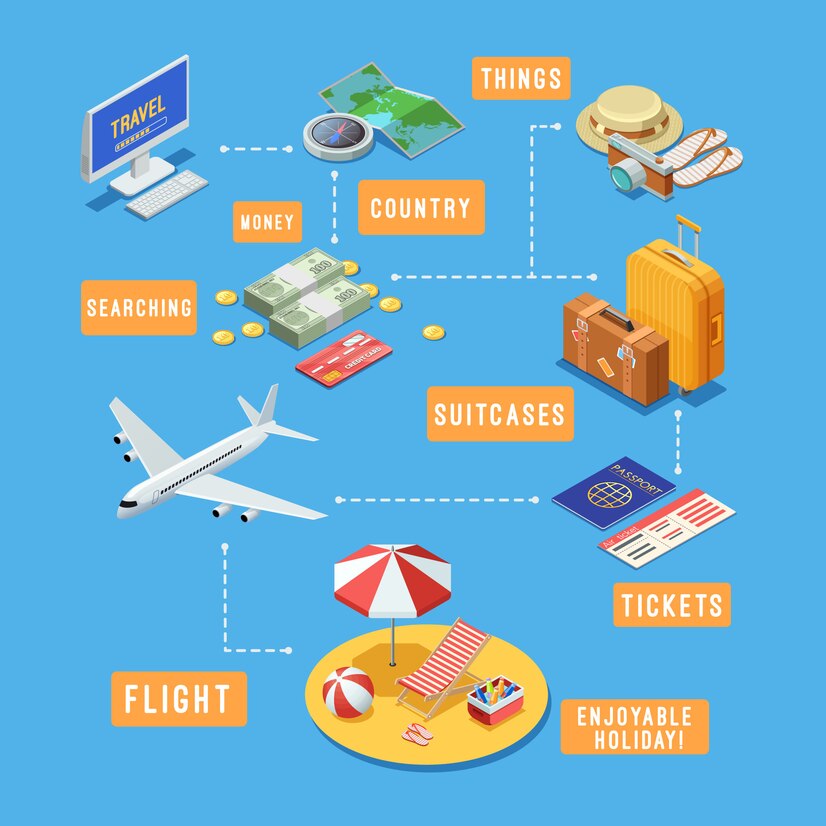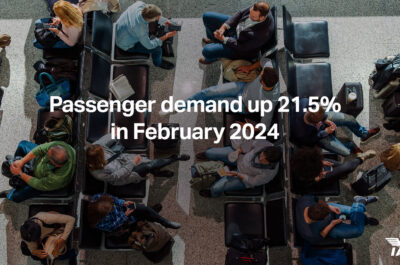
Seamless customer experiences are now something that consumers expected across all industries and the travel industry needs to improve payment integration, especially at the point of check-out to ensure the solution is at the standard expected and offered across other sectors.
Every year there are nearly 3 billion airline payment transactions take place around the globe with a total value of $1 trillion. According to a recent report from McKinsey, although these payments represent huge value to the travel industry, they cost the airline industry over $20 billion a year. This amounts to about 3% of airlines total revenue but more importantly 78% of the industry’s net profit.
And this is just the airlines, the travel industry as a whole spends billions on payments and according to a recent whitepaper from IATA, 41% of travel firms say the biggest source of financial stress is the complexity of managing payment systems.
Having worked in both the payment and travel industry for many years I have seen first-hand the problems and risks that the industry face due to limited and outdated payment solutions. It was the magnitude of this problem that led to the concept of FinMont which along with the cofounders of German airline, Hahn Air, we have just launched. Our new global payment orchestration platform is built specifically for Travel Merchants and uses cloud-native technologies to integrate acquiring banks, payment, fraud, forex, and chargeback providers and offer a fully automated and seamless payment solution.
Seamless customer experiences are now something that consumers expected across all industries and the travel industry needs to improve payment integration, especially at the point of check-out to ensure the solution is at the standard expected and offered across other sectors. Airline retailing, essentially selling new products in new ways both directly to customer’s or via intermediaries could be worth $40 billion by 2030.
Retail payments are only part of the problem for travel merchants as B2B payments also need updating to allow a more streamlined solution for corporates, airlines, travel agents, hotel chains, car rental companies and many other travel-related businesses. Our platform is offering the travel industry a significantly different solution compared to other options available as it will streamline not only B2C payments but also B2B payments. Combining both payments into a single view will help decision-makers identify and fix any inefficiencies in their current payment processes.
With B2B payments, merchants historically have struggled to process supplier payments as they all require unique information such as time of payments, payment methods used or invoicing process. Whether travel merchants are pre-paying suppliers, paying them in multiple currencies, paying them on check-out or on receipt of an invoice, this is where we will offer a ground-breaking solution that will automate the whole process.
Historically the travel sector has had huge issues with reducing shopping cart abandonment and increasing sales conversion. It is fair to say that for many airlines and other travel merchants, there are opportunities to improve the retail customer payment experience that will reduce dropouts. Many airlines and agents also lose customers in the buying process due to only being able to offer limited payment methods and alarming some have even relied on only one payment provider, which is a high-risk strategy and can have huge consequences, especially if there is any downtime. Having such a limited solution can also mean having to pay much higher fees for payments.
Having worked in the travel and payment industry for many years with a software engineering background I have seen first-hand how complex and often archaic payment solutions impact airlines and travel agents. With so many payment methods, banks and card suppliers around the globe managing payments have always been challenging for firms across the travel sector.
Dr. Suby Valluri is an information engineer, economist and entrepreneur. He has previously worked as a software engineer, and product manager across multiple industries including travel, eCommerce, and banking before co-founding Finmont. His cross-sectional knowledge and experience in both technology and payments have helped the team develop a market-leading solution that utilises the latest technology and solves customer payment problems in the travel sector.































































































































































































